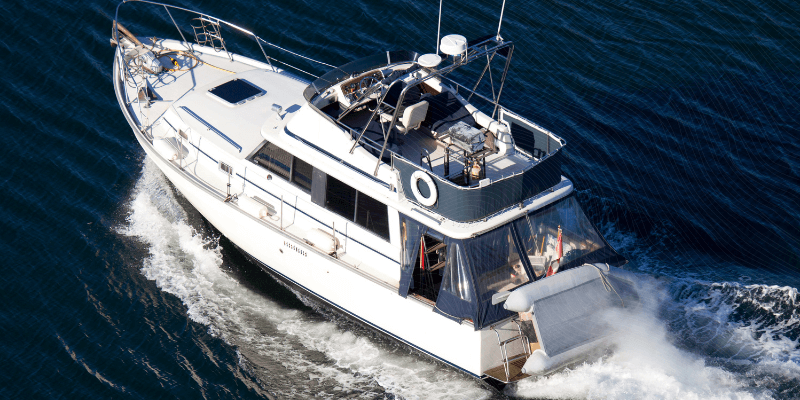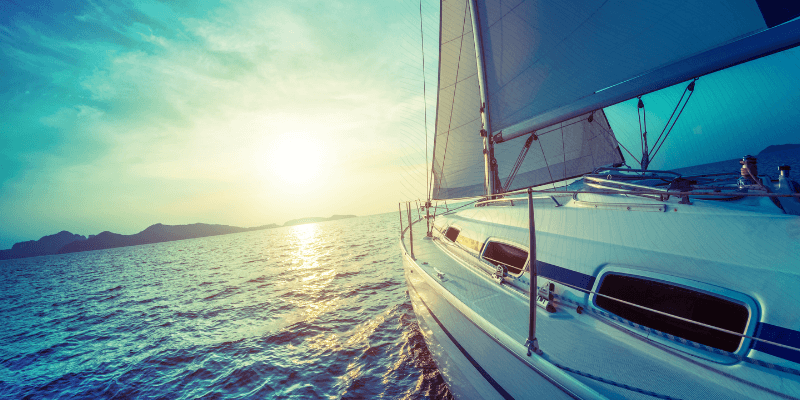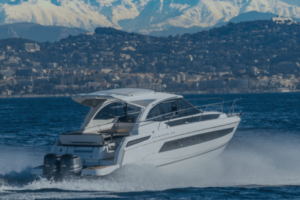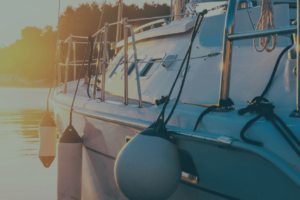Which Boat should I Buy?
In one of our previous blogs, we looked at the similarities between boating and cycling, in that as a result of the pandemic people’s participation and ownership in both have increased tremendously throughout the UK and Europe. There is another hidden similarity not mentioned in that blog, this being the additional costs that you will incur over and above the initial outlay. It is important to be aware of these to ensure that you budget correctly which in turn will ensure a long-term happy boating experience.
If you take the plunge and decide to buy yourself a reasonably decent bicycle, i.e. one that you will be able to sell a few months or years later, such as even an entry level triathlon road bike then you have a few initial surprises in store. And this is a big reason behind the message we are providing in this blog since when it comes to buying a boat, we at Burton Waters don’t want there to be any surprises. Let’s clarify that point. By that we mean no unpleasant surprises, we are confident that there will be some surprises for you but only pleasant ones.

Back to our bike purchase, and what you will discover is that the price tag for the bike is not the full picture, that is pretty much the price of the frame. You now need to add to this the cost of a saddle (sometimes), cleats/pedals, the cage to hold your water bottle, and if you’re doing triathlons then you’ll need two of these, two water bottles, a repair kit bag, a multitool, a spare tube or two, a pump, a bracket to hold your pump, or if you are going the ‘bombs’ route then possibly a more fancy bracket to hold bombs and water bottles, bombs (small high pressure air canisters), bomb connector, a home foot pump, lights for the front and back of your bike, gloves, helmet, cycling shoes, cleats, cycling clothing, and to round things off a cool pair of cycling sun glasses.
The difference in buying a boat is that there is no similar list of upfront items and costs that are needed in order to be able to saddle up and get going, but the similarity lies in the after purchase, additional, and annual running costs. It is important that when compiling your budget for your boat purchase, that you don’t only take into consideration the upfront capital expenditure, but the annual costs of owning a boat as well.
Let’s break this down into the different categories. Here is a list of these items with some brief comments:
Mooring
This is probably one of your main ongoing costs and these fees vary according to where you moor the boat, be that local marinas, or further afield. Most moorings include water as standard and electricity is charged dependent upon usage, but you will need to check this with the marina concerned.Insurance
This will vary depending on the length of your boat and the company you decide to use. There are also different levels of cover available to choose from. Another detail to be taken into account is that before using your boat, you must register your vessel, particularly if you want to use it on inland waterways, rivers and canals. But in order to do so, you’ll need to insure your boat and it must have a Boat Safety Certificate which lasts for four years.But even though we are saying that you must insure your boat, there’s not actually a legal requirement for boats in the UK to be insured. However, navigation authorities for the waterways and marina and harbour operators usually insist upon at least third-party insurance, which protects others from damage your boat may cause. Without third-party insurance you’ll be unable to use your boat on the waterways and unable to obtain a mooring agreement for it.
What Costs are Involved: Maintenance
Like a car, a boat purchase also carries yearly maintenance costs, and these can vary based on the type of boat, how often it's used, whether it’s used in fresh or saltwater, and whether it begins its life with you as new or used. With a boat, you have all the same engine maintenance costs and cleaning as a car, but add hull maintenance, storage, winterizing (when you don’t use the boat year-round), and haul-out (if not keeping in the water year-round). Using the boat in freshwater will keep maintenance and cleaning costs down considerably compared to using it in saltwater.As a boat owner, you may want to carry out the more simpler maintenance jobs on your boat such as cleaning and lubricating, for which there will be the cost of buying the necessary cleaning products. It’s obviously cheaper to do your own maintenance, but if you’ve decided to leave maintenance work to the pros, then that’s our game here at Burton Waters and we’re only too happy to help and do this for you.




